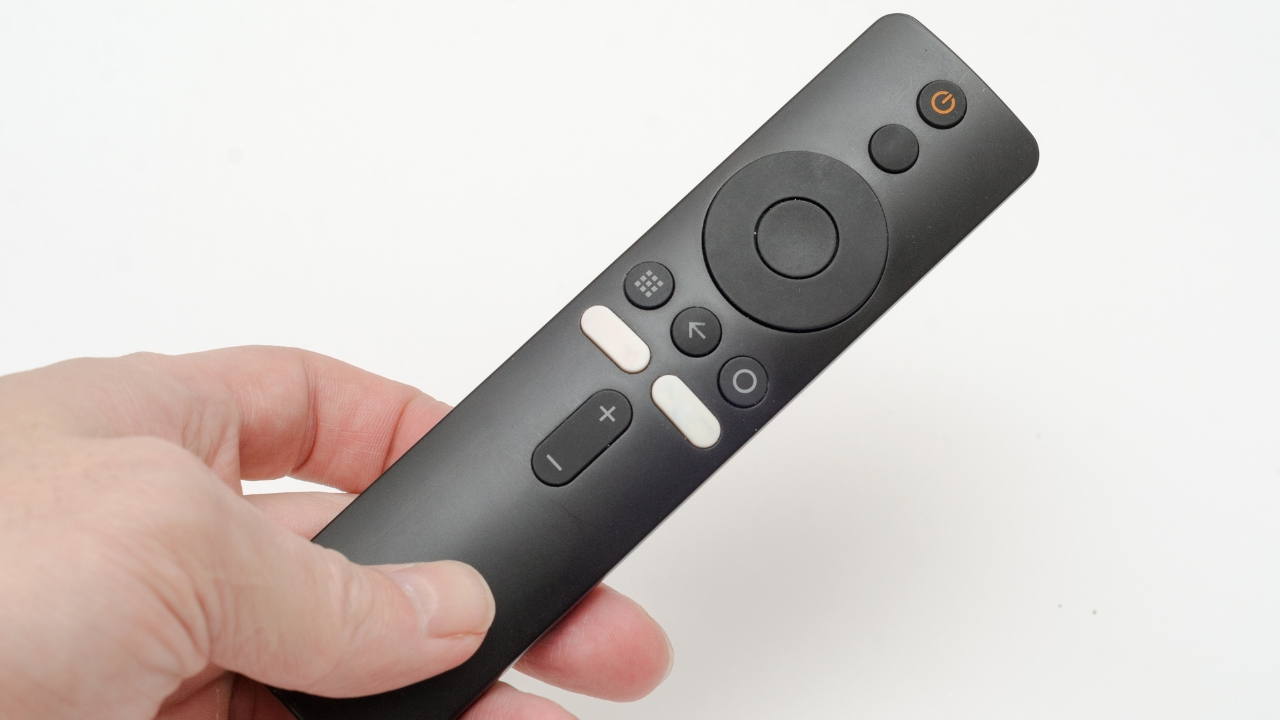A naturally occurring substance, berberine, is present in many different plants, such as tree turmeric and Oregon grape. Berberine, which has a bright yellow color, has been used for hundreds of years in traditional medicine systems like Ayurveda and Chinese medicine. Modern science has started to look into its possible health benefits. Some studies show it may help people with diabetes, high cholesterol, high blood pressure, and high blood sugar. But even though these early results are encouraging, more thorough clinical studies with humans are needed to prove that berberine works.
Curious about what berberine can do for your health? Continue reading to discover its uses, potential berberine benefits, side effects, and the different forms in which this supplement is available.
What Is Berberine?
Berberine is a chemical that tastes bitter and has been used for hundreds of years in traditional Asian and Indian healing. Berberine comes from plants like goldenseal (Hydrastis canadensis), coptis (Coptis chinensis), and barberry (Berberis vulgaris). It is known to have possible health effects.
Research suggests that berberine may have antibacterial and antibiotic qualities. Some people also think that berberine can help with metabolism, but more clinical studies are needed to officially prove these claims.
Additionally, berberine may have different physiological effects and chemical actions in a number of systems, such as the brain, kidneys, liver, and heart. One important way it works is by turning on the enzyme AMP-activated protein kinase (AMPK), which is very important for controlling energy levels, metabolism, and cell activity. This action may help the metabolism a lot and be good for your health in general.
Uses of Berberine
- Diabetes Management:Berberine is a popular product for controlling type 2 diabetes because it has been shown to lower blood sugar and make insulin work better.
- Weight Loss: Berberine may aid weight loss by reducing fat storage and increasing metabolic rate, according to some research.
- Heart Health: It might be good for your heart because it lowers cholesterol and blood pressure, as well as the chance of getting heart disease.
- Digestive Health: Berberine can help treat bacterial diseases and keep your gut healthy because it kills microbes.
- Anti-inflammatory Effects: It can help lower inflammation all over the body because it is anti-inflammatory.
- Cancer Research:Early research suggests that berberine could be useful in treating cancer because it can stop cancer cells from growing.
Potential Berberine Benefits
People have used berberine, a chemical that is found in many plants and herbs, as medicine for thousands of years. More research is needed to fully understand how Erberine works and what effect it has in the long run, but early studies show that it may have a number of berberine health benefits.
May Help Lower Blood Sugar and Prevent Insulin Resistance
A review published in 2022 in Molecules and other studies shows that berberine can successfully lower blood glucose levels. It does this by making the body make more insulin and make insulin work better, which makes it a potentially useful vitamin for controlling type 2 diabetes. Because berberine enhances insulin action, it reduces blood sugar by making better utilization of glucose by the body. While encouraging, more study is required to determine the exact mechanism by which berberine influences blood sugar levels. More studies are needed to find out the best doses, how safe they are over the long term, and if they might be combined with other drugs. This will help make sure that berberine can be used safely and effectively to control diabetes.
May Help Lower Cholesterol
According to some studies, berberine may be good for your LDL cholesterol and overall cholesterol levels. Early studies show that berberine can increase LDL cholesterol. LDL cholesterol is often called “bad” cholesterol because it is linked to a higher risk of heart disease. Berberine also drops total cholesterol levels, which is good for the health of your heart in general. Even though these results are encouraging, more clinical studies are needed to confirm these effects and fully understand how berberine can help lower cholesterol. To be sure that berberine can be safely recommended as a treatment for high cholesterol, more studies need to be done to find the best doses, see how well they work, and make sure they are safe over the long term.
May Improve Cardiovascular Health
There are several ways that berberine may greatly improve the health of your heart. It makes the heart muscles stronger, which is important for keeping the heart healthy. Berberine also lowers oxidative stress and inflammation, two things that are linked to a number of heart diseases. Berberine is good for people with high blood pressure because it lowers blood pressure, which is good for heart health. Importantly, berberine can increase cardiac function, especially when the heart doesn’t get enough blood, which is called ischemia. This increase in blood flow and heart performance can lessen the effects of ischemia, which is good for people who are at risk of or already have heart problems.
May Have Anti-Inflammatory Effects
Berberine is a bitter alkaloid that can help avoid diseases like atherosclerosis, type 2 diabetes, obesity, and heart problems by reducing inflammation throughout the body. It has been shown to reduce inflammation, which could be very helpful in controlling these health problems. Even though berberine has been studied a lot, the exact methods by which it reduces inflammation still need to be clarified. This shows that more study is needed. By understanding how berberine works, we can make sure that it is used safely and effectively in medical treatments. As research goes further, figuring out exactly how berberine works will be important for getting the most health benefits from it.
May Have Antioxidant Properties
A 2018 review in Frontiers in Pharmacology talks about how powerful berberine’s antioxidant qualities are and compares them to those of vitamin C, which is also a well-known powerful antioxidant. Free radicals are unstable chemicals that can cause oxidative stress and a number of long-term diseases. Both berberine and vitamin C help protect cells from damage caused by free radicals. Berberine and vitamin C protect cells and promote health by getting rid of these dangerous chemicals. This comparison shows that berberine is a natural antioxidant that has much promise. It could be a useful addition to plans to fight reactive damage and make people live longer. However, more studies are needed to fully understand how strong berberine is as an antioxidant and what long-term benefits it has on human health.
Potentially Antimicrobial and Antibacterial
Berberine can eliminate fungi, parasites, and germs due to its inherent antibacterial properties. This means it has the potential to alleviate symptoms of vaginal infections, jaundice, dysentery, and diarrhea. Even though it seems hopeful, people should talk to their doctors to get a correct evaluation and treatment suggestions before using berberine for these illnesses. Talking to experts about self-medication lowers the risks and makes sure it is used correctly.
May Improve Digestive Health
Berberine may be able to help with stomach problems like heartburn and constipation. Its positive effect on the gut-brain link shows that it could improve health in general. This link highlights how a better stomach can have a good effect on happiness, showing a complete approach to health.
May Support Weight Loss and Weight Management
According to research, berberine speeds up the metabolic processes that break down lipids (fats) and sugars. This may help the body store less fat and glucose. Because this chemical can change metabolism processes, it may help people control their weight. Moreover, berberine may support these benefits of berberine even more by supporting a healthy mix of gut bacteria, which is important for digestive health and general well-being. These results show that berberine could be useful as a natural product for people who want to lose weight and make their metabolism work better.
May Improve Symptoms of Polycystic Ovarian Syndrome (PCOS) and Ovulation
A review in Molecules found that women with PCOS who took 1,500 milligrams of berberine every day for three months had lower amounts of high testosterone. Berberine may be helpful because it can improve insulin resistance, which is a common problem in people with PCOS. However, more clinical studies are needed to prove these benefits and find the best doses and length of treatment.
How to Take Berberine
Berberine supplements come in capsule, tablet, and liquid forms, making it easy to choose how much and how to take them. Because berberine has a sour taste, experts say that supplements are usually better. According to Dr. McCubbins, berberine is often taken to help the digestive system. It should be taken 5 to 30 minutes before eating. The bitterness makes the stomach juices flow faster, which helps digestion.
Berberine Dosage
Dosing is not regulated, so it is important to talk to a doctor or healer to get the right amount. Dr. Zwickey says that people should follow the directions on the bottle and that taking up to 2 grams of berberine a day is usually safe. A minimum of 1 gram (1000 milligrams) per day is suggested for the best benefits. Most capsules have 500 milligrams in them, so people may need to take at least two supplements every day.
Dosage needs may be different for each person, based on their health goals. A 2019 study in the Endocrine Journal found that people with type 2 diabetes who took less than 2 grams of berberine every day had lower blood sugar levels. In a different study published in Complementary Therapies in Clinical Practice, people who were overweight or obese who took 500 milligrams of berberine three times a day saw their body mass index (BMI), waist size, and total body weight go down.
Berberine Side Effects: What You Need to Know
Berberine supplements are usually well accepted, but sometimes they can cause side effects. He says that these could include diarrhea, stomach problems, and headaches. As berberine becomes more well-known, especially among people who want to lose weight, it is important to be careful. For medicinal use, it is best to talk to a natural doctor before starting to take berberine.
In his explanation of possible side effects of berberine, Dr. Zwickey says that berberine could lead to stomach pain, swelling, constipation, diarrhea, gas, nausea, and vomiting. How bad and how often these symptoms happen can change from person to person.
Is Berberine Safe?

Dr. Zwickey says that berberine is usually safe but that its biggest safety worry is that it might not work well with other medicines. Especially worrying is how it interacts with cyclosporine, a drug that weakens the immune system and is used after organ transplants and to treat inflammatory diseases like rheumatoid arthritis. Berberine can raise the amount of cyclosporine in the blood, so it’s important to keep a close eye on things and change the dose while under medical control.
It is very important to follow the dose instructions given by the product maker or healthcare provider when taking berberine, whether it is in the form of an extracted vitamin or the whole plant. As Dr. Zwickey pointed out, berberine shouldn’t be used by kids, pregnant women, or breastfeeding women.
What to Consider When Purchasing Berberine?
Dr. Zwickey says that since the majority of manufacturers clean berberine from a plant, it is important for a third-party lab to test it for identity, strength, quality, and purity. “One should be very careful about getting supplements from a physician-grade supplement company to make sure that third parties from reputable companies have tested them and that there is quality assurance for the best dosing regulation,” says Dr. McCubbins.
Dr. McCubbins also says it’s important to make sure that the berberine you use comes from a sustainable source. “Goldenseal is in danger of going extinct, even though it is a great source of berberine. “Reliable supplement companies are aware of this problem,” she says. Most pill labels say what herbs are used to get the berberine.
Because there aren’t many long-term safety studies on berberine, people who want to add it to their vitamin routine should talk to their doctor first to make sure it’s safe for their specific health needs. Talk to a homeopathic doctor, trained healer, or acupuncturist to find out more about berberine’s possible health benefits.
SOURCE INFO: FORBES








